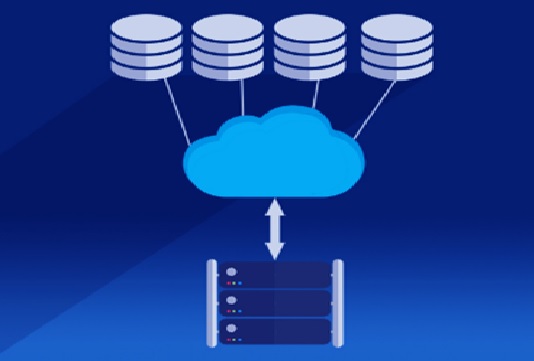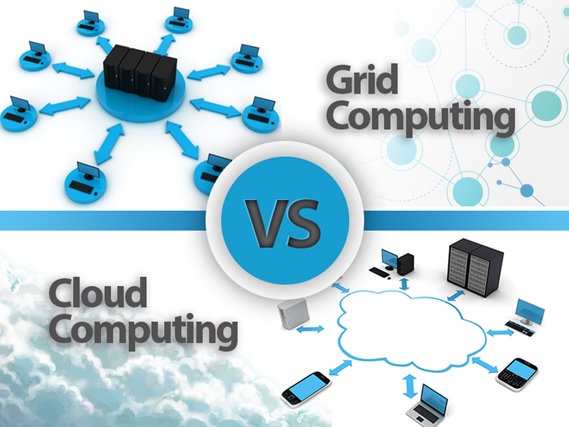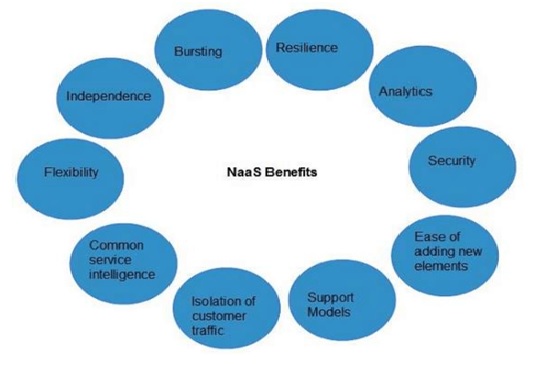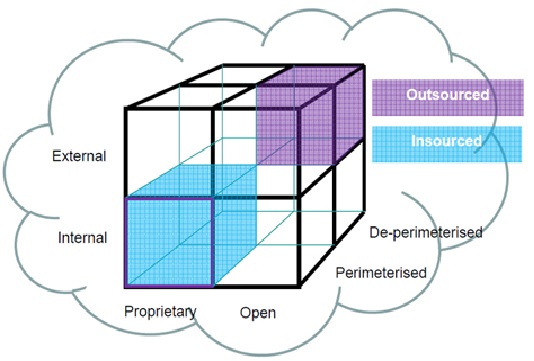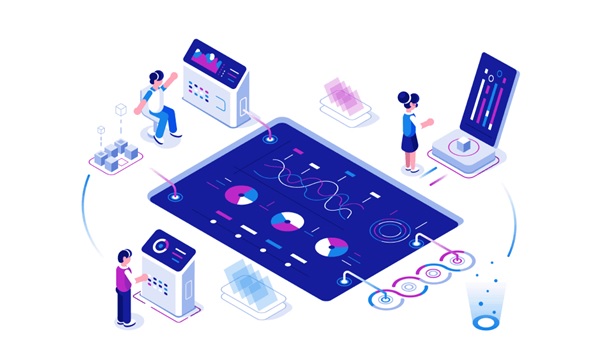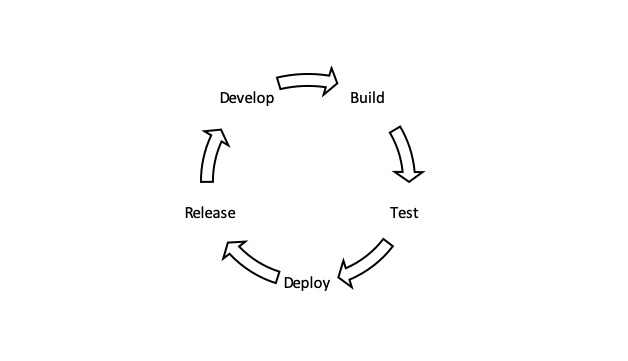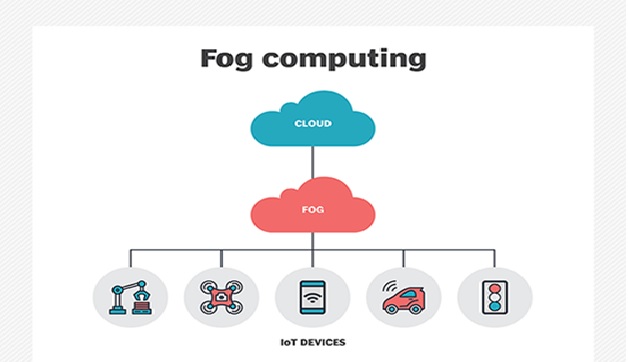Privacy-Enhancing Computation (PEC)
The amount of data generated and processed every day is enormous. Thanks to modern technologies, it can be [1] structured, managed, and protected. These data protecting techs are called privacy-enhancing computation, Gartner`s 2021 tech trend.
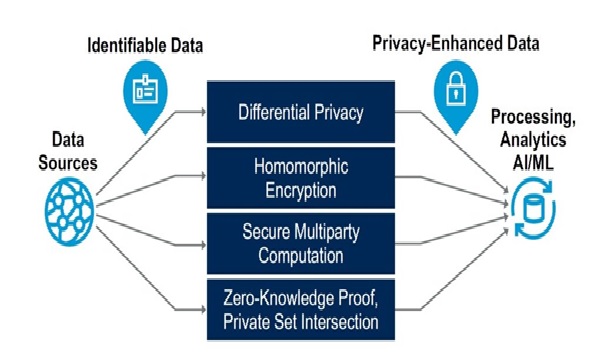
Figure 1. Privacy-Enhancing Computation
Figure 1 shows the probabilities of data privacy violations and hacker attacks grow simultaneously. About 82% of all internet users refuse to give their real personal information to websites and applications because of the fear of being figure1 shown above the paragraph announced to third-parties. Gartner has also published the full list of technological trends for 2021. Among them were nine main trends that are predicted to be inevitable for implementing to boost business productivity and digitalize the workflow of business companies.
Privacy-enhancing computation protects data in use while maintaining privacy or secrecy online common data-at-rest security measures. According to the Gartner, by 2025, 50% of large organizations will implement privacy-enhancing computation to process data in untrusted environments and multiparty data analytics use cases. [2]
With the maturing of privacy compliance and more widespread regulations, both small and large businesses will have to protect data in use.
According to Gartner, this type of security comes in three forms; the first which could involve providing a trusted environment in which data can be processed or analysed through third-party and hardware-trusted execution environments
The second type of privacy-enhancing computation concerns decentralised processing and analytics through federated or privacy-aware machine learning.
The final form concerns computation that transforms data and algorithms before processing or analytics, including zero-knowledge proof, secure multiparty computation and homomorphic encryption.
Homomorphic encryption (HE) uses cryptographic techniques to enable third parties to process encrypted data and return an encrypted result to the data owner while providing no knowledge about the data or the outcome. In practice, this type of encryption is not fast enough for business implementations.
You may wonder what this Privacy Enhancing computation means is. Simply this is a collection of technologies that provides better security and enhances the privacy of your data. This privacy-enhancing computation is a kind of a tech trend and it takes three forms as
- Providing a secured environment for data to be processed
- Usage of privacy-aware Machine learning for analytics
- Keeping data confidential by transforming data and algorithms including homomorphic encryption. [3]
References:
- https://gbksoft.com/blog/privacy-enhancing-computation/
- https://smartz-solutions.com/what-is-privacy-enhancing-computation/
- https://medium.com/linkit-intecs/privacy-enhancing-computation-9b11492d914e
Cite this article:
Thanusri Swetha J (2021), Privacy-Enhancing Computation (PEC), AnaTechMaz, pp. 42







